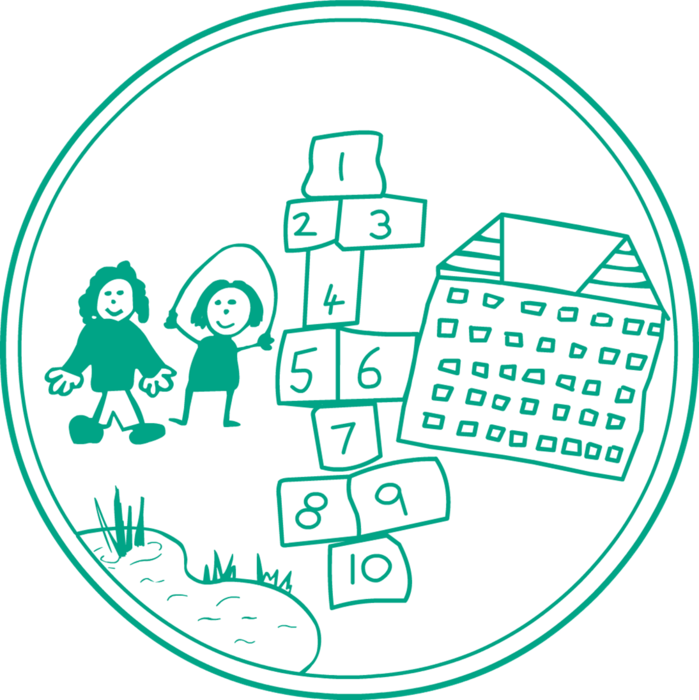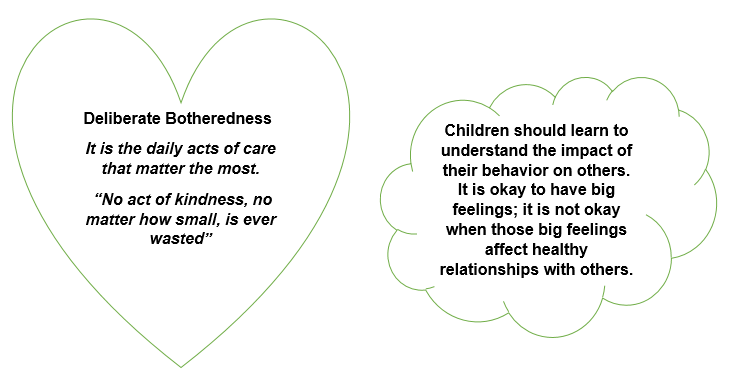Behaviour and Relationships
Positive Relationships and Behaviour
We are an emotionally literate school where pupils develop the skills of self-regulation and learn from mistakes by reflecting and repairing them. We foster a sense of belonging and acceptance, so children grow to become honest, responsible citizens of their community.
We aim to make the most of Every Chance, for Every Child, Every Day.
Our schools’ values of Kindness, Integrity and Respect underpin everything we do.
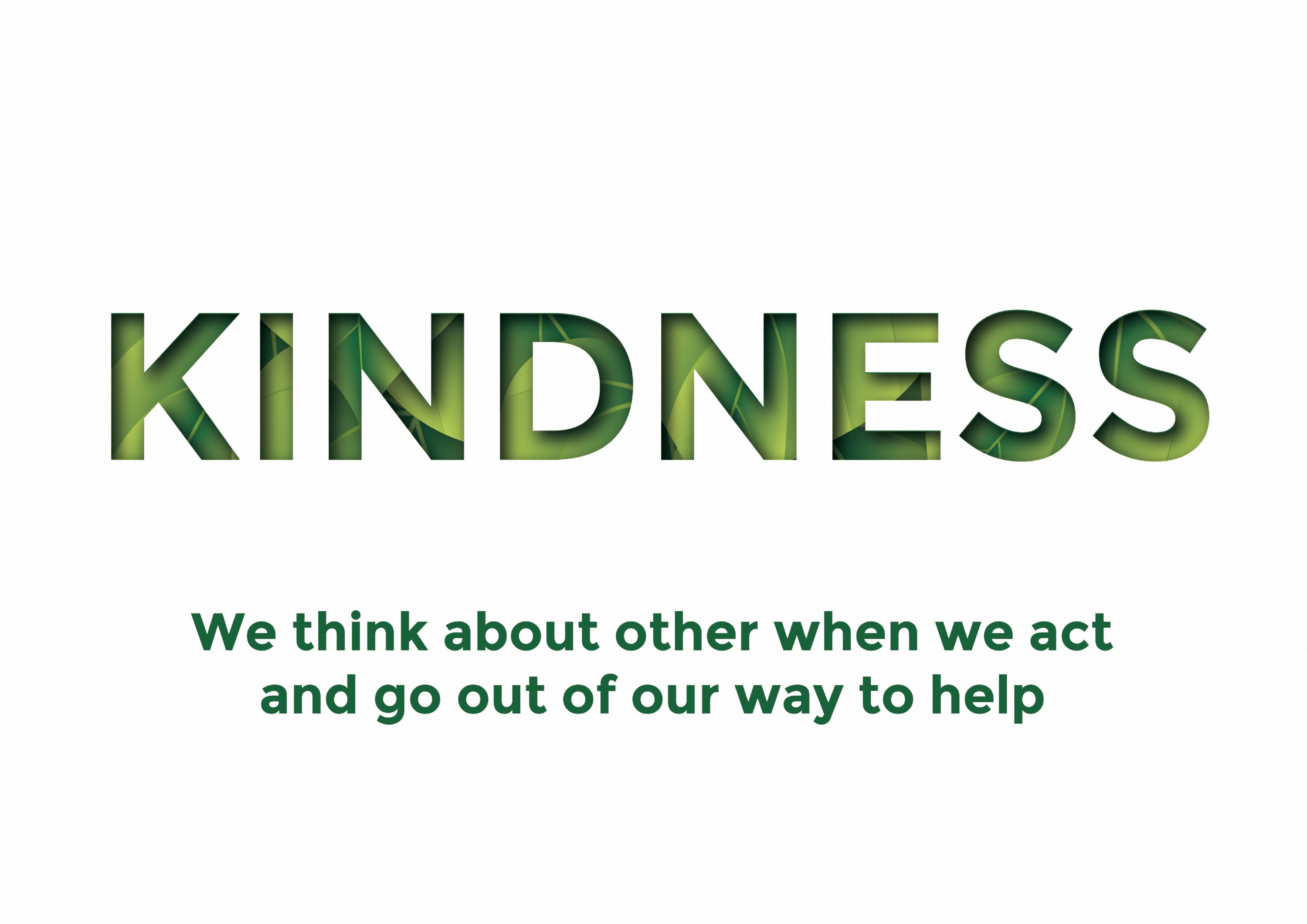
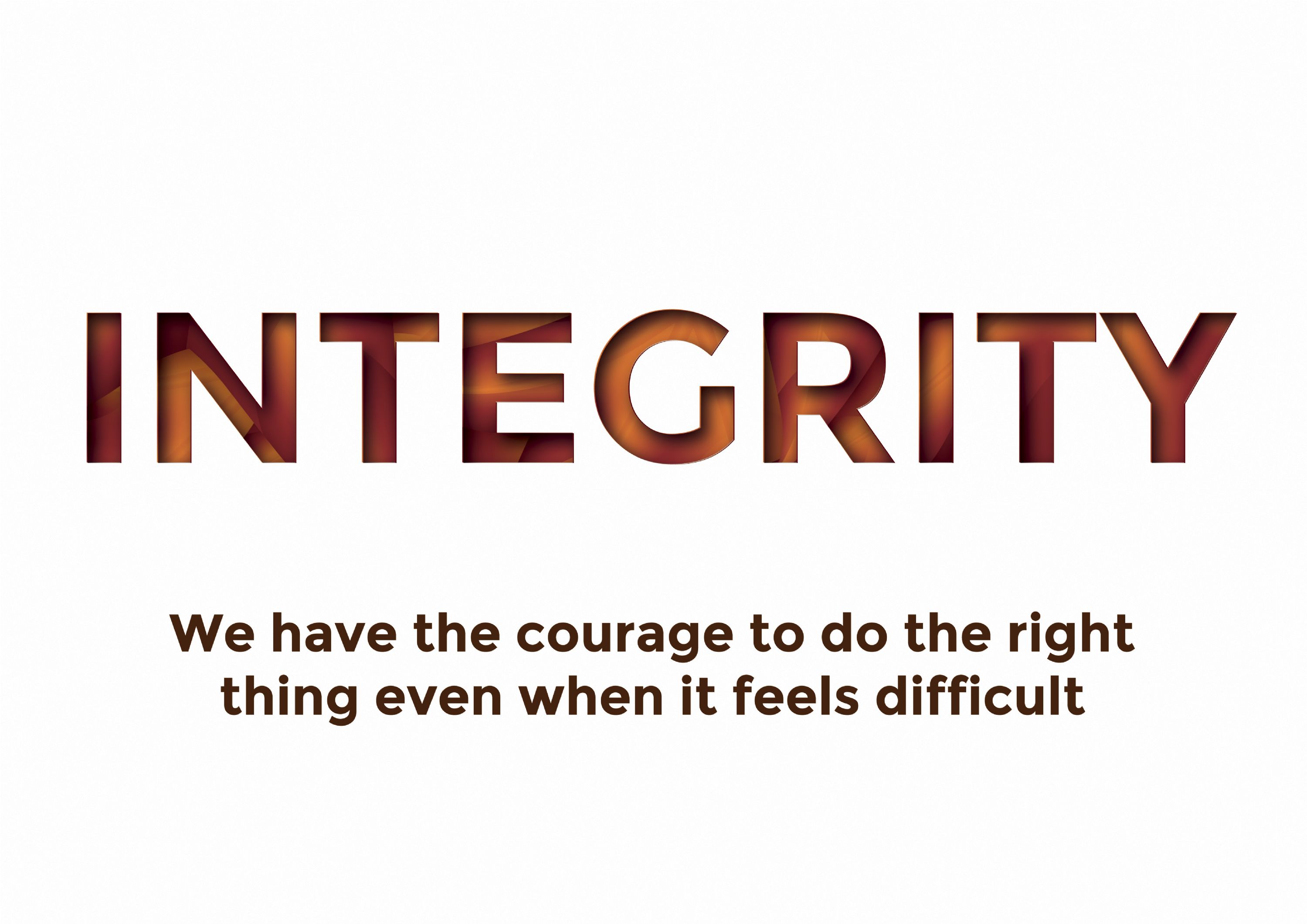
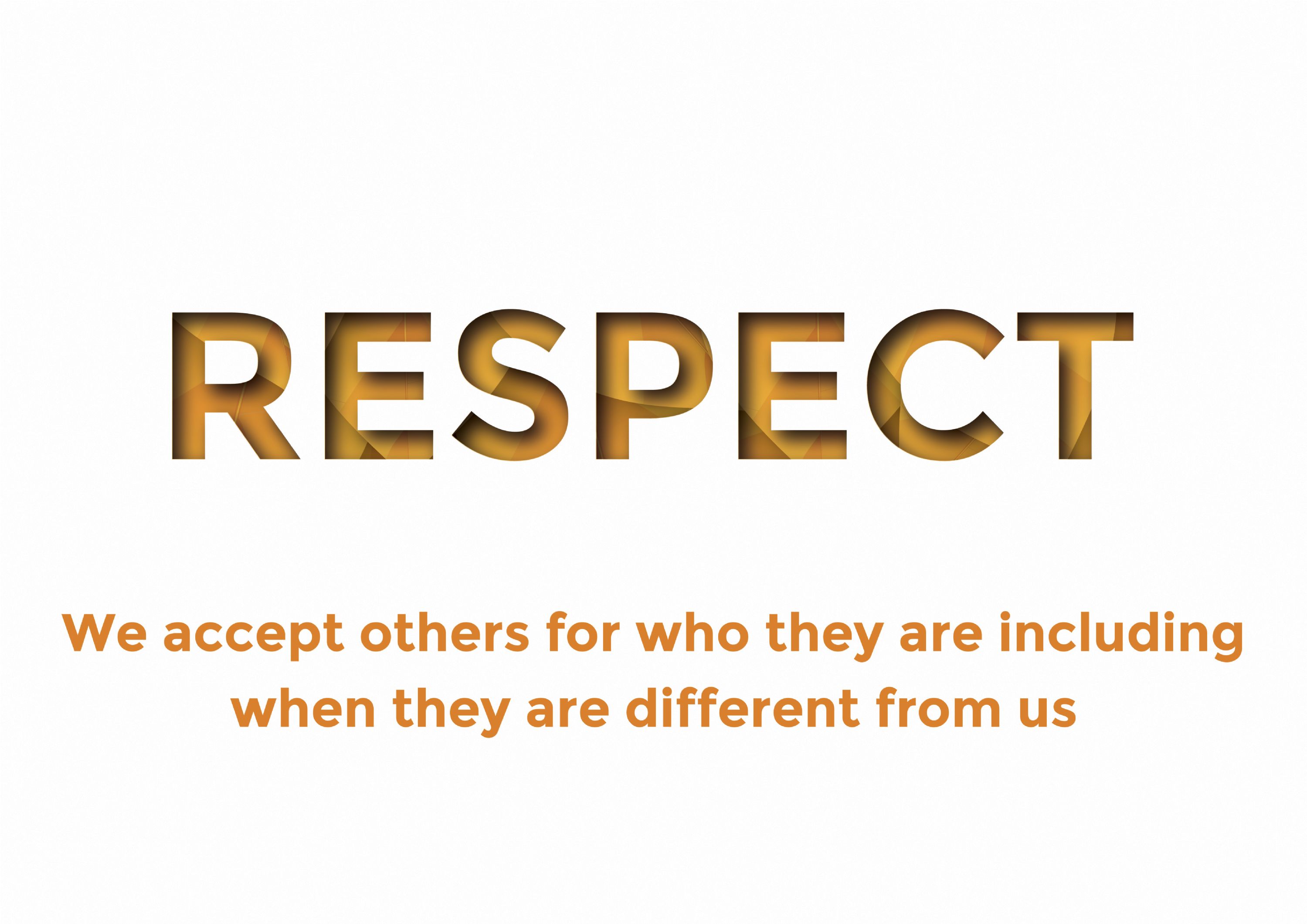
Trauma Informed
Being trauma informed in school to provide a healthy place for children and young people, aiming to help before mental health problems occur and at a greater depth. We wish to catch them before they fall, not after they have fallen.

Restorative Practice
We foster a restorative learning environment that allows everyone to share their thoughts and feelings and move forward. This practice underpins the Southampton Local Authority initiative for becoming a restorative city. We have Restorative Practice (RP) champions for the staff and children, who receive additional training throughout the year. RP may be carried out in different ways due to the age of the children: conversation, the power of silence, cartooning, role play.
A restorative conversation would involve these key questions:
1. What happened?
2. What were you thinking? What are you thinking now?
3. How were you feeling? How are you feeling now?
4. Who has been affected? How were they affected?
5. What needs to happen to put things right?
Zones of Regulation
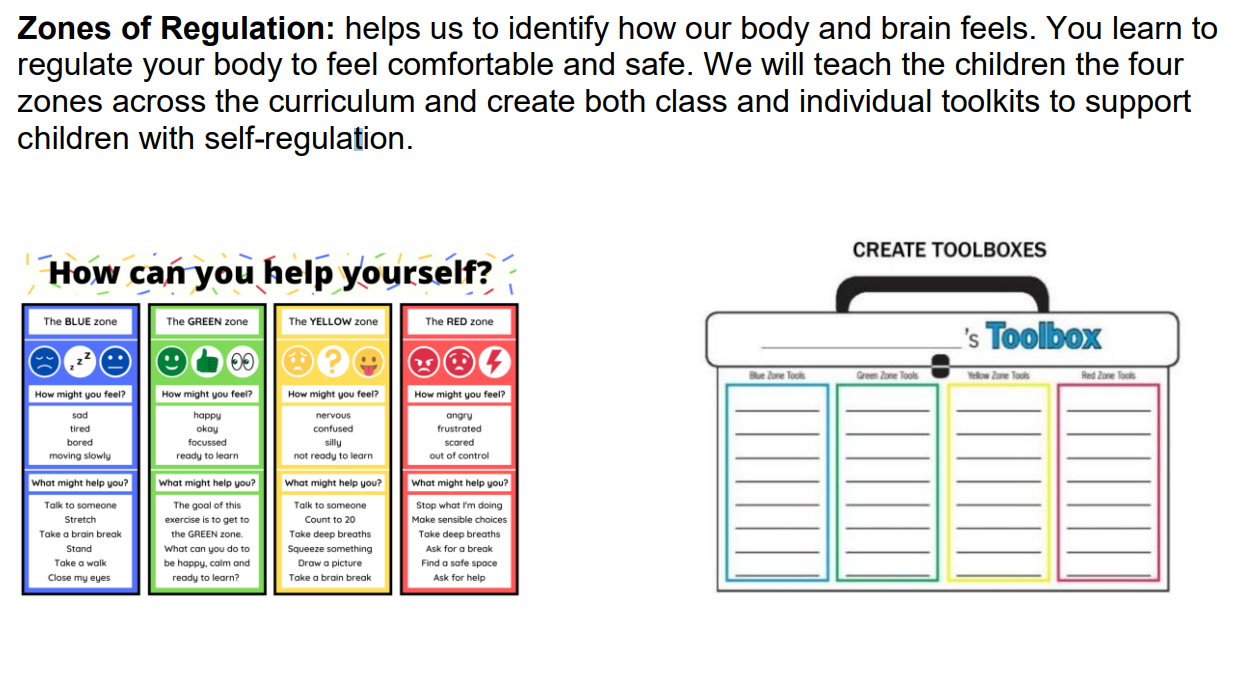
The ZONES teach children:
-Vocabulary of emotional terms
-How to recognise their own emotions
-How to detect the emotions of others
-What may trigger certain emotions
-How others may interpret their behaviour
-Problem solving skills
Why teach the ZONES of regulation?
-Provides a common language to discuss emotions – a language that is non-judgemental.
-The Zones of Regulation is simple for children to understand but is helpful for all!
-The Zones teach healthy coping and regulation strategies.
The language we would use in school:
“I can see you are in the yellow zone and you are feeling frustrated.”
“You are looking a bit tired, are you in the blue zone?”
“How are you feeling now? How can you get back to green?”
“You look like you are moving into the red zone. Let’s do your breathing exercises.”
If you would like to find out more about Zones of Regulation, please click here: https://www.zonesofregulation.com/index.html
Supporting your little ones at home:
Label and validate feelings: “I can see you are very frustrated, I would feel frustrated too if I couldn’t get that to work."
Use a shared language of big and small feelings: we can support children to recognise their feelings, name them and negotiate ways of managing them.
Reset after big feelings: starting fresh after a big incident and recognising that engaging your child in discussion around zones when they are in the Red Zone is unlikely to be effective. You need to discuss the different zones and tools they can use when they are more regulated/calm.
Practice mindfulness: do the things you love, spend time outside in nature, do five senses exercise, breathing exercises, quiet time, read a story, do yoga exercises, and sing a song.
Well-being journals: a chance for your child to record their thoughts, feelings and reflections. Encourage the use of positive affirmations.
Share stories to support children with their feelings

|
|
Click here to see our Behaviour Practice
For further information, you can read our Behaviour and Relationships and Anti-Bullying policies on the website.
